Do you need to insulate basement walls below grade? Basement walls are very important to every house the same way air is important to every human being. It is very important to get your basement wall done well as this would help you enjoy and have more comfort at home than making the mistake of not knowing what to do and how to go about constructing your basement walls.
Many options are readily available for all house owners as to what would fit their houses. But remember, before embarking on constructing a basement wall, you need to understudy the type of environment you live in. Is it weather friendly? Is it of extreme climate condition? Is it the dampy part or the dried part? All this would help you make a concrete decision on the type of basement wall that will be suitable for your home.
However, the question is, do you need to insulate basement walls below grade?
You can insulate basement walls below grade because it helps thermal performance in the house and helps protect concrete from freezing and damage, but you have to make sure you are fully aware of the type of basement walls you have. There would be no need to have your basement walls insulated below grade if you do not have an accurate knowledge of the type of basement wall it is, your environment, and the best type of materials that would be of more value and help to the environment.
Get yourself acquainted first with where you are before embarking on such a huge project. Getting things right at the first time is the best way to go, and it will save you stress and challenges in the future.
Table of Contents
Blow Grade Basement: An Overview
The excavated part that is typically seen below the ground level of a building with a depth of up to 8 feet deep, including the walls, stairway from the ground floor, and a slab floor, is known to be a basement.
Below grade basement is that part of the basement that is located just below the ground level. It is very important to pay attention to details while constructing a below grade basement in your home. Ensure that the Basement depth, staircase, number of basement levels, and the basement itself are properly fixed.
Just as the name sounds, below grade basements are typically seen below every building’s ground level. A house with some part of it partially below the ground level is a good example of below grade basement. Below grade basements always have the entire grade and footage below ground level. There are many things to put into consideration while constructing a below grade basement in your house. They contribute immensely in ensuring that such a basement is strong and would not have issues in the future.
If the entry method to the basement is the RCT standard, and if the building’s zip code is located at a position where the basement is the same as the foundation, then the knowledge tables would become the value supplier for everything needed to calculate the cost of the basement. Below grade basement always come with staircases to enable entrance and exit at any time. This enhances easy movement and comfort for people that use the basement regularly.
The space above or below the ground level of a below grade basement doesn’t count. There are instances where you will have a below grade basement floor measuring just a foot above or under the ground.
Is There Need to Insulate Basement Walls Below Grade?
It is good to have your basement walls insulated. But the question is, would below grade basement insulation be the best type of insulation for your basement walls at home? One of the major reasons why most basement walls are insulated below grade is because it helps thermal performance in the house and helps protect concrete from freezing and damage. The absence of a below grade insulation on a basement wall also contributes to 25 percent of why a building loses energy and proper heat coordination.
The best place to have your basement walls insulated below grade is in a cold-weather environment. You will need a below grade insulation if you find yourself in such an environment, but if you live in a different environment, it would be unwise to insulate your basement walls below grade.
It is not advisable to embark on the project of constructing a below grade basement if you don’t know the dos and don’ts, pros and cons, materials to use, the type of floor to build it on, and so much more.
You do not need to insulate your basement walls below grade if you cannot stand the financial cost of ensuring that certain things are put in order before and after construction. Still, if you can stand what it takes to insulate your basement walls below grade, then it will be a welcomed development.
Pros of Insulating Basement Walls Below Grade?
Controls Heat Coordination
Below grade basements help in the coordination of heat at home. The deeper the ground, the warmer the house becomes. The warm temperatures felt at the house’s ground level would reflect on the upper level and overcome the challenges of cold during winter.
Retains Enough Energy for the House
One most important thing every house requires to be stable at all time is energy. With a below grade basement, your house is sure of having and retaining enough energy against any ugly occurrence like damage, foundation weakness, or eventual collapse of the building.
Provides Space
Below grade basement is good for space. If you are the type that needs space in your house, you should go for this insulation type.
Protects Concrete Walls from Damage and Freezing
Most basements are constructed with concrete and stones, and not all types of insulation are good for them. Below grade basement wall insulation protects your walls from easy damage and freezing.
Cons of Insulating Basement Walls Below Grade?
Damp Friendly
Below grade insulation are friendly with damp and wet environment. It easily absorbs water and gets wet on time, and this would cause easy damage to the basement wall.
Moisture Accumulation
Because of the easy absorption of water, there would be much accumulation of moisture, mold, and mildew in the basement. This would result in both health challenges and decay of the basement wall itself.
Expensive
The cost of running a below grade basement insulation can be high depending on the area you live in. Suppose you stay in an environment that is wet or water-friendly. In that case, you will need to spend money first on having the issue of water and the foundation getting wet solved first before embarking on the basement insulation itself. The area you live in determines the cost.
Damage Control
Suppose the underground drainage and other things that needed to be fixed first before the basement is worked on are not properly fixed. In that case, you will be at risk of doing damage control regularly, and you can even run a colossal waste if such damage gets too much that your foundation cannot carry it again.
Conclusion
“A stitch in time saves nine,” this is a popular adage that advises on getting things ready and been prepared before doing anything or embarking on any journey, project, or task. You do not have to make a below grade basement insulation in your house because you see it as good or someone you know has it. A lot needs to be put in place before such is done. Proper understudy of your environment, weather, and everything around need to be carried out before you embark on such a project to avoid making expensive mistakes. I will suggest you consult a professional licensed house contractor for an inquiry before making any final decision.

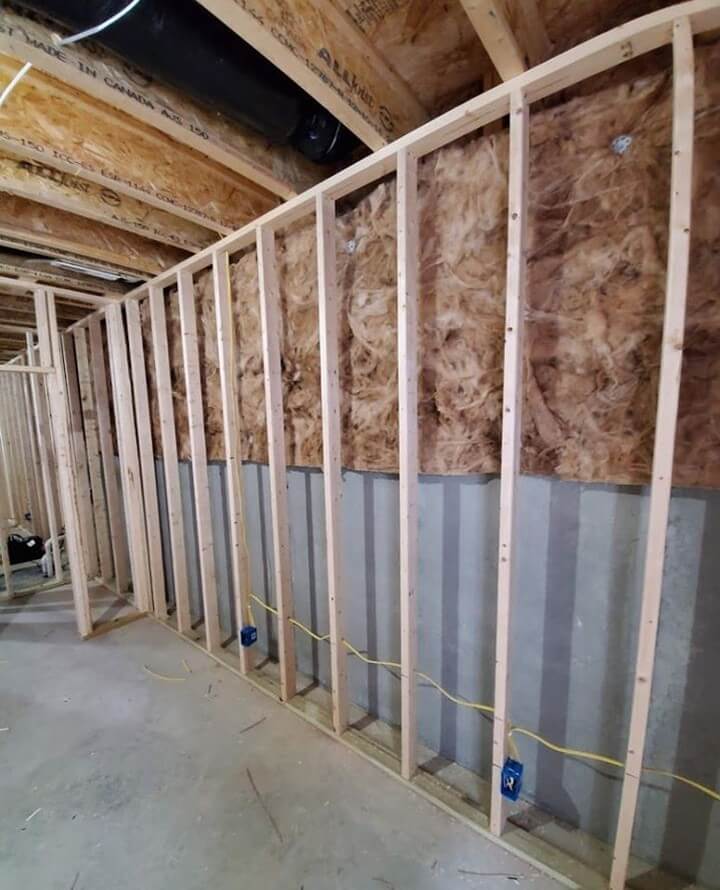
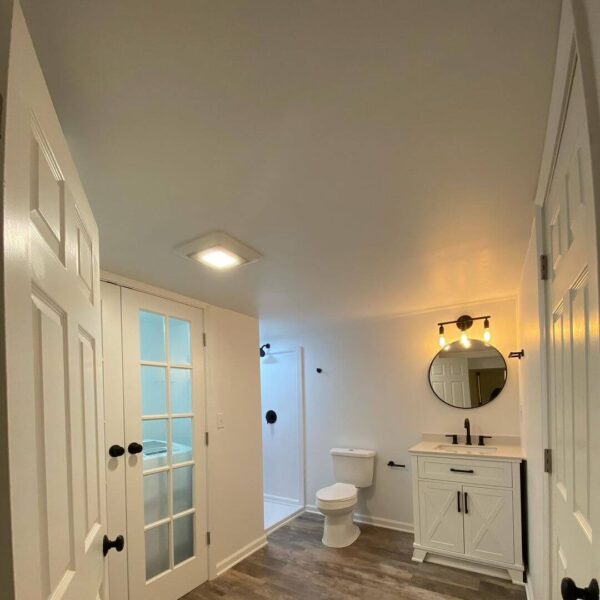
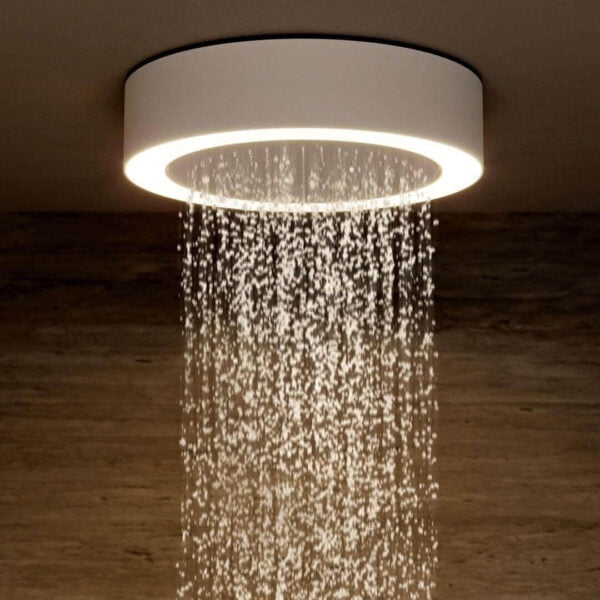



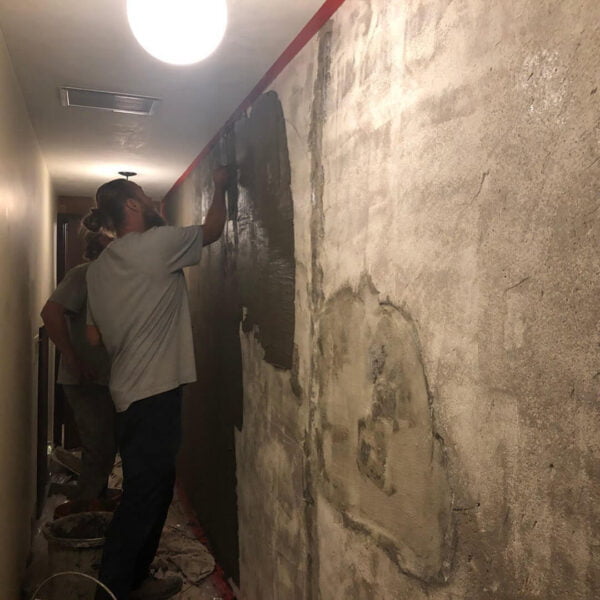
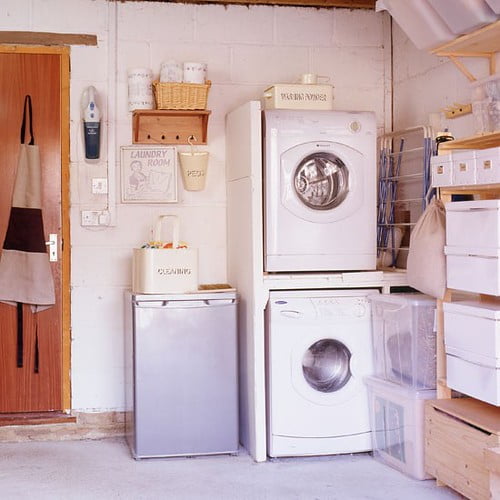

Leave a Comment